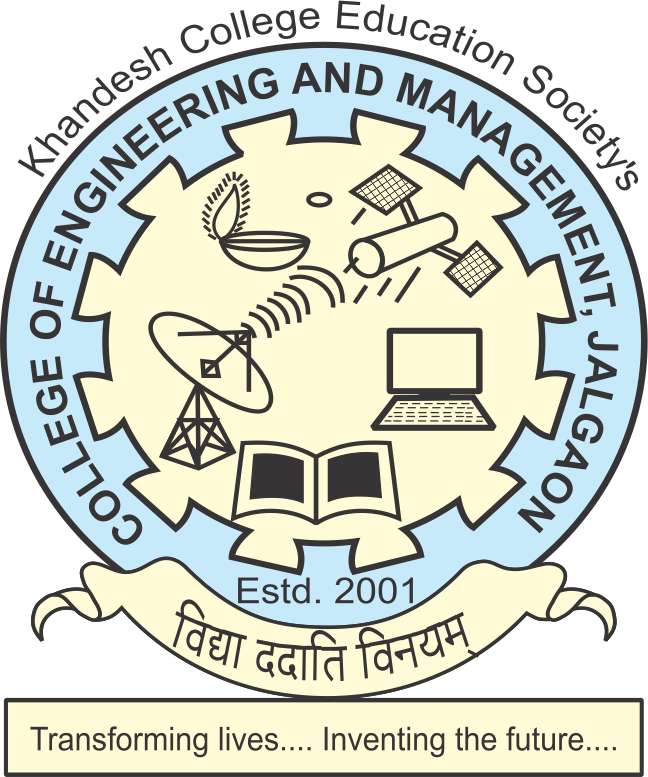Diploma Electronic and Computer Engineering
Program Educational Objectives
1. Develop Core Engineering Skills
A strong foundation in the principles of engineering with hands-on experience in designing, analyzing, and executing engineering solutions for real-world challenges.
2. Sustainability & Ethics
The importance of sustainable practices and ethical considerations in emerging technologies, ensuring environmental responsibility, safety, and social accountability in their work.
3. Lifelong Learning
A commitment to continuous learning and professional development, staying current with industry advancements and emerging technologies through certifications, workshops, and further studies.
4. Leadership and Teamwork
Students will be capable of working both independently and as part of a team, demonstrating leadership skills and contributing to team efforts to successfully complete engineering projects.
5. Professional Ethics & Responsibility
Uphold high standards of professional ethics, integrity, and responsibility, ensuring their work aligns with legal, ethical, and societal expectations within the engineering and sectors.
6. Communication and Professional Development
Able to communicate effectively through oral, written, and digital media with peers, stakeholders, and the broader community, and will demonstrate professionalism, teamwork, and collaboration in their work environments.
Program Outcomes
After the successful completion of this Program student will be able to:
1. Engineering Knowledge
Apply knowledge of mathematics, science, and engineering fundamentals to solve complex engineering problems in the field of electronic and computer.
2. Problem Analysis
Identify, formulate, and analyze complex engineering problems using principles of mathematics, natural sciences, and engineering fundamentals.
3. Design & Development of Solutions
Design systems, components, or processes to meet specified needs with an understanding of the limitations, considering public health, safety, and environmental factors.
4. Modern Tool Usage
Use modern engineering tools, software, and techniques for modeling and analysis of systems and to support engineering decision-making processes.
5. Environment and Sustainability
Understand the importance of sustainable engineering practices, environmental regulations, and resource management. Design systems and projects that contribute to environmental conservation and sustainable development.
6. Project Management and Finance
Apply principles of management, economics, and finance to manage engineering projects, ensuring efficient resource utilization, cost-effectiveness, and timely delivery of projects.
7. Lifelong Learning
Recognize the need for, and have the ability to engage in, independent and lifelong learning in response to the ongoing development of new technologies, regulations, and practices in the engineering and construction fields.
8. Ethics
Apply professional ethics, accountability, and responsibility in engineering practices. Adhere to legal, ethical, and regulatory standards in the engineering sectors.
9. Individual and Team Work
Function effectively as an individual and as a member or leader in multidisciplinary teams, demonstrating effective communication, collaboration, and project management skills in engineering projects.
10. The Engineer and Society
Understand and assess the social, cultural, and environmental impact of engineering solutions in society, and demonstrate knowledge of the ethical responsibilities and roles engineers play in the development of sustainable infrastructure.
Program Specific Outcomes
1. Pursue research and development in advanced areas of electronics, embedded systems, and computer science to offer innovative and ethical engineering solutions to societal challenges.
2. Demonstrate proficiency in the use of software tools (such as MATLAB, C++, Python, and embedded programming environments) and hardware (such as microcontrollers, circuit design tools, and computing systems) required to practice in the electronics and computer engineering profession.
3. Integrate electronics and computing systems to develop solutions for real-world applications in fields like automation, robotics, artificial intelligence, and IoT (Internet of Things), ensuring optimized and effective performance.
4. Demonstrate a commitment to ethical practices in the design, development, and implementation of electronic and computing systems, ensuring solutions are safe, secure, and beneficial to society.





